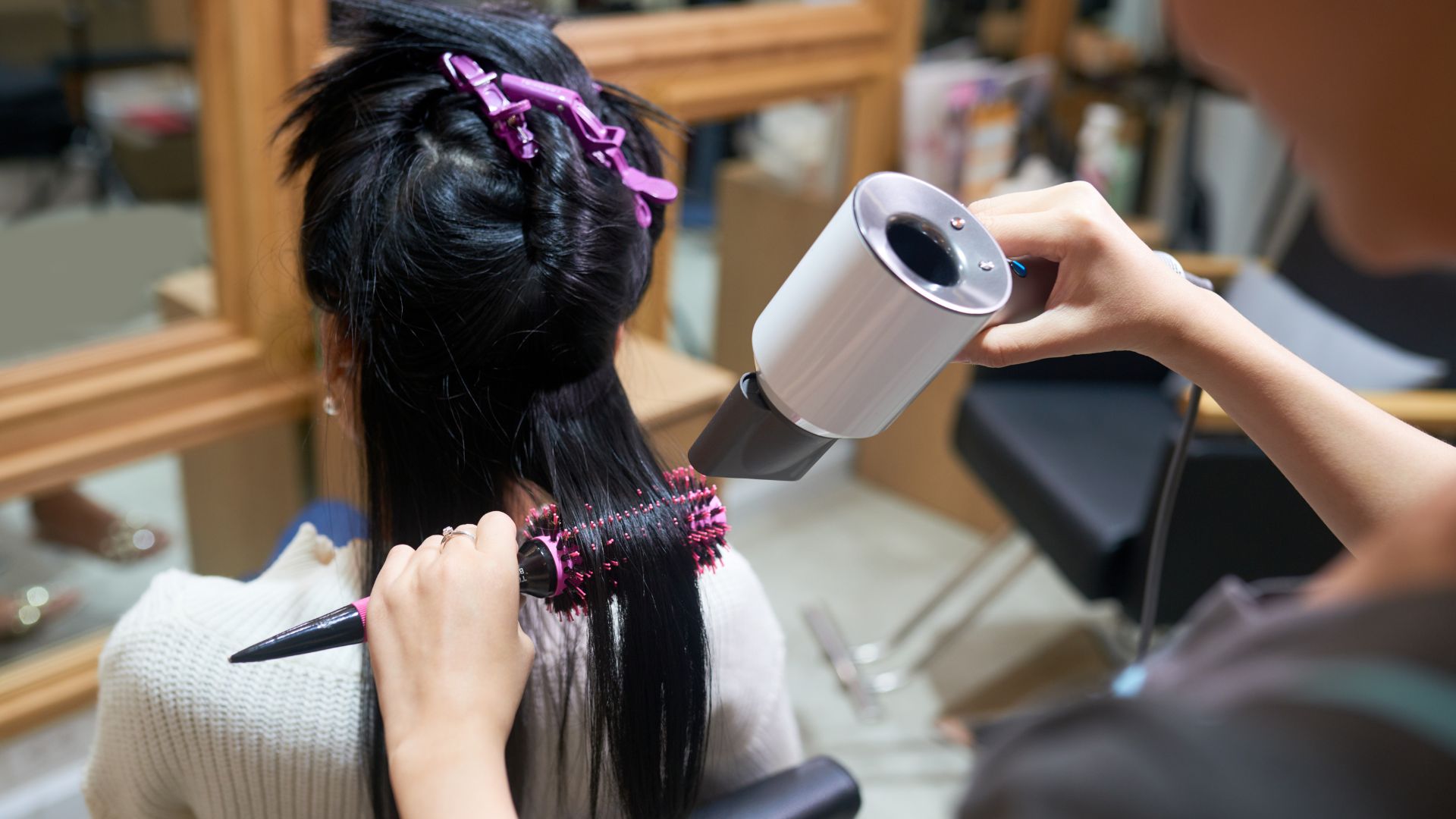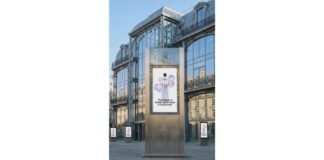The hair guns are one of the necessary tools for the work of a hairdresser,
but what are the implications for people with autism?
Chris & Sons has revealed the hair dryers with the lowest decibel rating,
making them the quietest and most suitable for people with autism.
Many people with autism may struggle with loud noise due to sensory processing differences.
Sensory processing is the way in which our nervous system receives and interprets
information from the environment, including sounds, sights, smells and textures.
For some people with autism, their differences in sensory processing may make them more sensitive
to certain types of sensory inputs, including loud noises.
The decibel level (dB) from a hair dryer may vary depending on the brand and model.
On average, a typical hair dryer produces a noise level of about 80-90 dB, at a distance of 1 meter.
However, there are hair dryers that are designed to be quieter than others.
The quietest hair dryers on the market can produce noise levels of up to 60 dB,
when measured at the same distance.
These hair dryers are usually designed with advanced noise reduction technologies such as insulation,
sound-absorbing materials and brushless motors which reduce the amount of noise during operation.

Are there any solutions for the hairdresser when faced with such a situation?
Many people with autism can be sensitive to loud noises, including that from a hair dryer.
The sound can be annoying and uncomfortable for some people with autism and can cause anxiety and stress.
To address this issue, there are several strategies to reduce the impact
of powerful hairdryers for people with autism.
One option is to use noise-cancelling headphones or earplugs to block out the sound.
Another option is to use a quieter hair dryer, such as one with low decibels.
In addition, its use in a small, enclosed space such as a bathroom can help reduce the effects of noise.
It is important to note, of course, that not all people with autism will be sensitive to loud noises
and not all will be affected by the hair dryer in the same way.
But is the hair dryer the only issue to be resolved for such an incident?
The sensations in the salon environment, such as the sound of hairdryers or the smell of professional products,
can also be annoying.
People with autism may have difficulty with communication and social interactions, which can make it difficult to
expressing their preferences or communicating any annoyance they may have,
in the process of hair styling.
To address these challenges, it may be helpful to prepare the person with autism,
about the salon experience beforehand, explaining what to expect during the appointment.
Hairdressers and salon staff can also be trained to properly manage
people with autism, such as using a softer touch or offering breaks
during the appointment, if necessary.
With these steps, people with autism can have a more positive and comfortable experience at the salon

